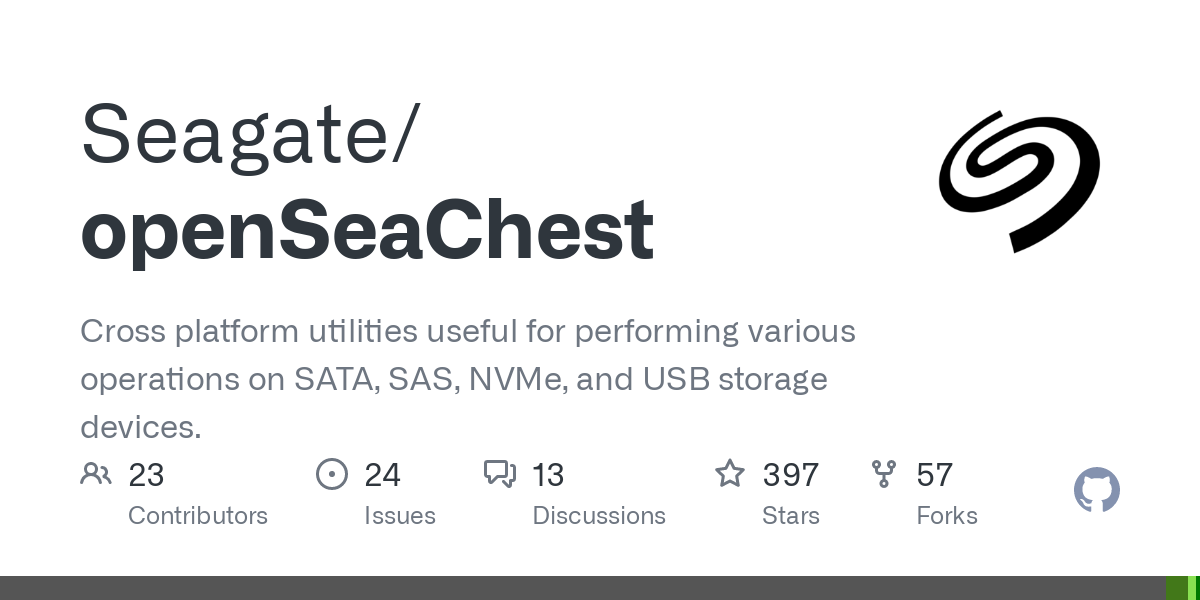Simple and maintained:
slaecker
father, geek, self-hoster, privacy-advocate, musician, song-writer
- 1 Post
- 7 Comments
Came here just to see if somebody already gave that answer. Thanks, bye 🫡
Yes, self-hosting my email server since 2 years without issues so far. I only send a handful of emails per month but haven’t stumbled into any issues of being blocked by any big provider, even the ones that are known to block small email servers here in Germany. I enjoy the flexibility of as many aliases and distribution groups as I want for the family and being able to configure the anti-spam-component the way it works best for us.
I run everything on a small VPS at a known provider and checked the IP against block lists. It was indeed listed on one but I never had issues and when checking again a few days ago it wasn’t listed on any list anymore.
First I tried the available all-in-one solutions but troubleshooting is hard if you don’t know each component.
So, I followed this guide but moved all components in their own docker containers instead of installing natively to be more failsafe regarding system upgrades:
https://workaround.org/ispmail-bullseye/
Everything is running fine and in case of issues I know exactly how each component is set up and can troubleshoot quickly.
This.
Having a subscription doesn’t mean you have the right to pirate when the service goes down. You only own what you buy.

 5·1 year ago
5·1 year agoI’m a long-term Linux user living mostly on the terminal, knowing quite a lot about the operating system. And sometimes I enjoy tinkering to get a game running even more than playing it. But in the end for some games it just doesn’t work. Of course it depends on the game and hardware and what not, but in the end if I can’t play all my games on Linux I have to bite the bullet and check for alternatives. And for me this statement is hard as hell.

 262·1 year ago
262·1 year agoI’ve seen this exact situation so many times.
- Ask the community about gaming on Linux
- Get the response that it works (install Steam and play)
- Install Steam
- Game doesn’t work
- Invest hours in troubleshooting
- Have the community explain why it doesn’t work in your particular case
- After hours of fiddling get it working
I’ve been in this situation myself so many times. I like fiddling with my system but even I ended up dual-booting Windows just for gaming.





I did quite some research when I worked with the WD Red Plus drives and also tried the
-Sswitch, without success.In openSeaChest I just set the number of milliseconds for each power mode and it just works. I’m happy with that.